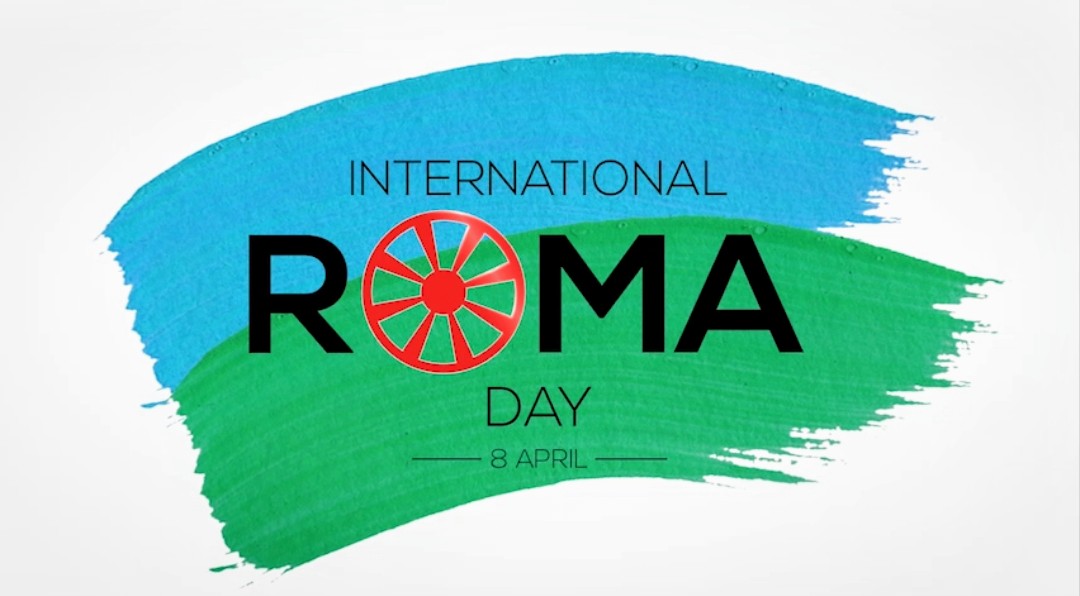Roma, as all other citizens, are respecting the imposed measures, understanding that when one is in danger, the whole region is in danger
08 April 2020

8th of April - International Roma Day
Message from Orhan Usein, the RCC’s Roma Integration Project Team Leader to Roma and all citizens of the region on the occasion of 8 April, the International Roma Day
With around 10 million people, Roma are the largest ethnic minority in Europe. 8 April, the International Roma day, celebrates Roma culture and history. It also teaches us all of the many issues Roma face.
Belgrade/Sarajevo – “To all my fellow Roma, I would like to congratulate 8th of April, the International Roma Day, which marks Roma history, culture, language and heritage. Unfortunately, this year the celebration must take place under extraordinary circumstances, due to the COVID-19 outbreak and the enforced preventive measures. Roma, like others, are also affected by this common threat – the virus does not differentiate between races, the majority or the minorities. This virus attacks all of us”, said Orhan Usein, Team Leader of the Regional Cooperation Council’s (RCC) Roma Integration Project, reminding the others on the vulnerability of Roma as well as on power of togetherness and solidarity in these challenging times.
The global pandemic caused by virus COVID19 is still spreading throughout the world. Many Roma communities are particularly vulnerable since the living conditions and basic sanitary infrastructure are not appropriate to ensure that the preventive measures are fully respected. This puts Roma in even higher risk from the current pandemic.
In addition to the pre-existing problems, such as lack of access to clean water and electricity, the conditions to perform everyday services for income are limited or even impossible in many instances. A great number of Roma are engaged in undeclared work (collection of secondary raw materials, seasonal work, selling of goods in open markets), all of which have been banned due to preventive measures imposed by the Governments. This further increases the difficulties for Roma to provide food, water and hygienic products for their families, as well as pay bills or any loans they might have. Finally, education has been discontinued and all the curricula have moved online and via national televisions. This burdens also young Roma, who have limited means (access to internet, TVs and laptops) to follow their education curricula. With limited access to internet, comes also limited access to public information, and lack of awareness of the newest decisions of the authorities that directly affect them.
“However, Roma, as all other citizens, are respecting the imposed measures, understanding that when one is in danger, the whole region is in danger. To defend our region we have to be united.
8 April is the day that reminds us of this. We, all human beings, are connected and mutually dependent in various ways. Therefore, to all my fellow worldlings, I’d like to say to stay at home and stay healthy. We are in this together and we will win this one together”, concluded Usein.
***
The Roma Integration Project, implemented by the Regional Cooperation Council with the financial support of the European Union and the Open Society Foundations, aims to contribute to reducing the socio-economic gap between the Roma and non-Roma population in the Western Balkans and Turkey and to strengthen the institutional obligations of governments to incorporate and deliver specific Roma integration goals in mainstream policy developments.



